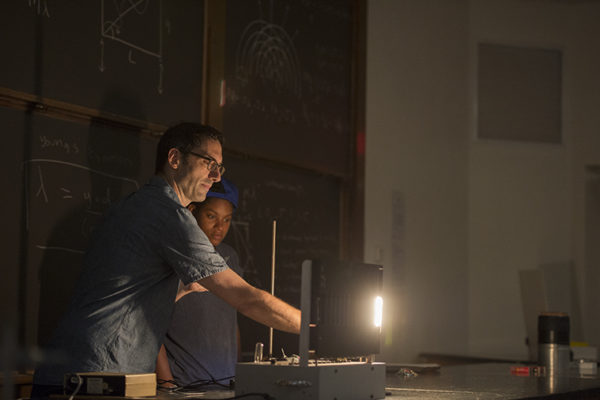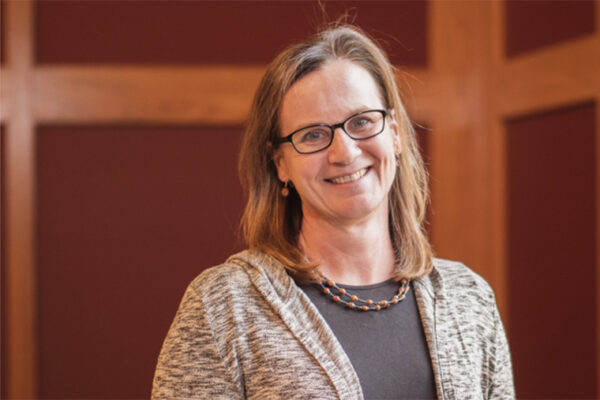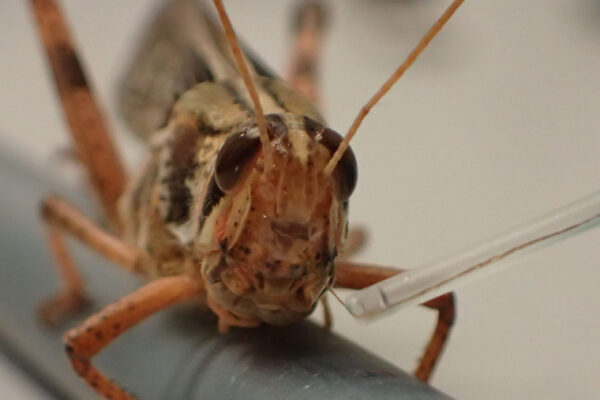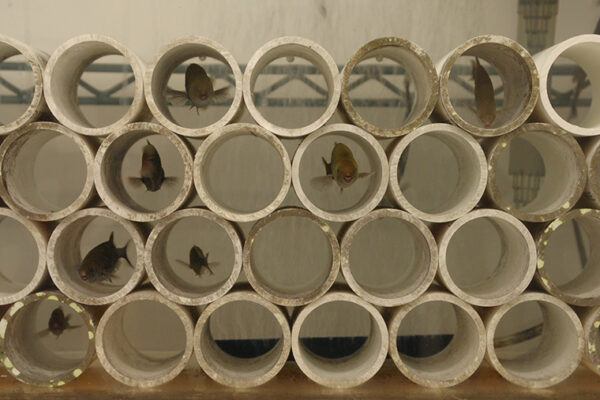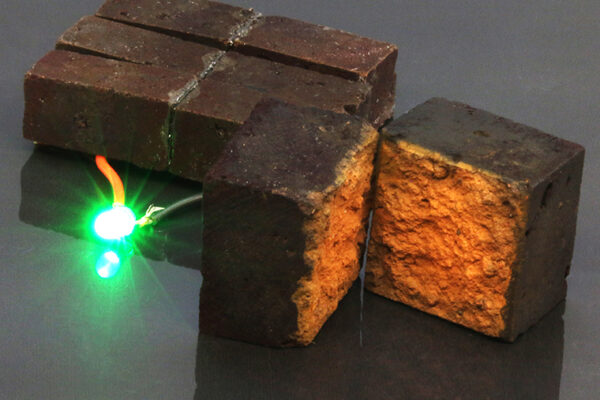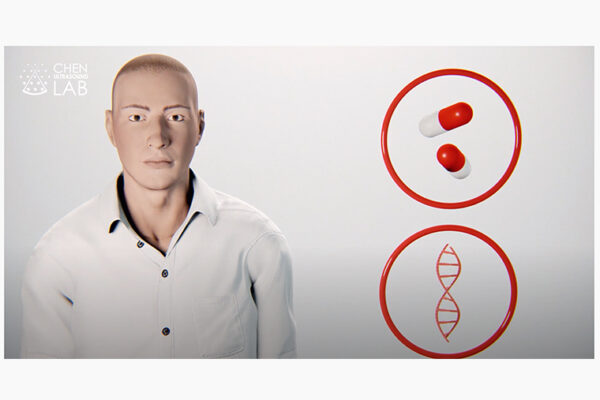Henriksen lands CAREER grant to chase electron effects
The behavior of electrons determines the fundamental properties of any material, such as its ability to conduct electricity. Erik Henriksen, assistant professor of physics in Arts & Sciences, takes advantage of strange-but-true qualities of graphene to search for correlated motion of electrons.
Why are the humanities integral to the Climate Change Program at Washington University in St. Louis?
Writing in my bedroom office under a stay-at-home order, the coronavirus is reminding me and the world of our interconnectedness and our humanity. We as individuals and as communities—local, national and global—are asking ourselves: How are we adjusting to a new normal? How are we understanding each other and our needs, both individually and collectively?
University receives EPA Pollution Prevention Award
Washington University in St. Louis recently was selected to receive an Environmental Protection Agency 2020 Pollution Prevention Award.
Researchers one step closer to bomb-sniffing cyborg locusts
Research from the McKelvey School of Engineering at Washington University in St. Louis has determined that locusts can smell explosives and determine where the smells originated — an important step in engineering cyborg bomb-sniffing locusts.
Building the power plant of the future
The federal Office of Fossil Energy has granted researchers at the McKelvey School of Engineering nearly $7 million to refine a new power plant that’s suitable for fossil fuels and renewables — and will emit almost no carbon.
Zeroing out their own zap
African fish called mormyrids communicate using pulses of electricity. New research from biologists in Arts & Sciences shows that a time-shifted signal in the brain helps the fish to ignore their own pulse. This skill has co-evolved with large and rapid changes in these signals across species.
Storing energy in red bricks
Red bricks — some of the world’s cheapest and most familiar building materials — can be converted into energy storage units that can be charged to hold electricity, like a battery, according to new research from chemists in Arts & Sciences.
Targeting ultrasound for noninvasive diagnosis of brain cancer
Researchers at Washington University in St. Louis are developing a method to diagnose brain tumors using ultrasonic energy — and no incisions. Lead researcher Hong Chen has received $2.5 million from the NIH to pursue further study.
Aging memories may not be ‘worse,’ just ‘different’
A study from the Department of Psychological & Brain Sciences in Arts & Sciences adds nuance to the idea that an aging memory is a poor one and finds a potential correlation between the way people process the boundaries of events and episodic memory.
Break it down: A new way to address common computing problem
A new algorithm developed in the lab of Jr-Shin Li at the McKelvey School of Engineering at Washington University in St. Louis provides a framework for solving complex linear inverse problems that doesn’t require a supercomputer and also enhances security and privacy.
Older Stories
